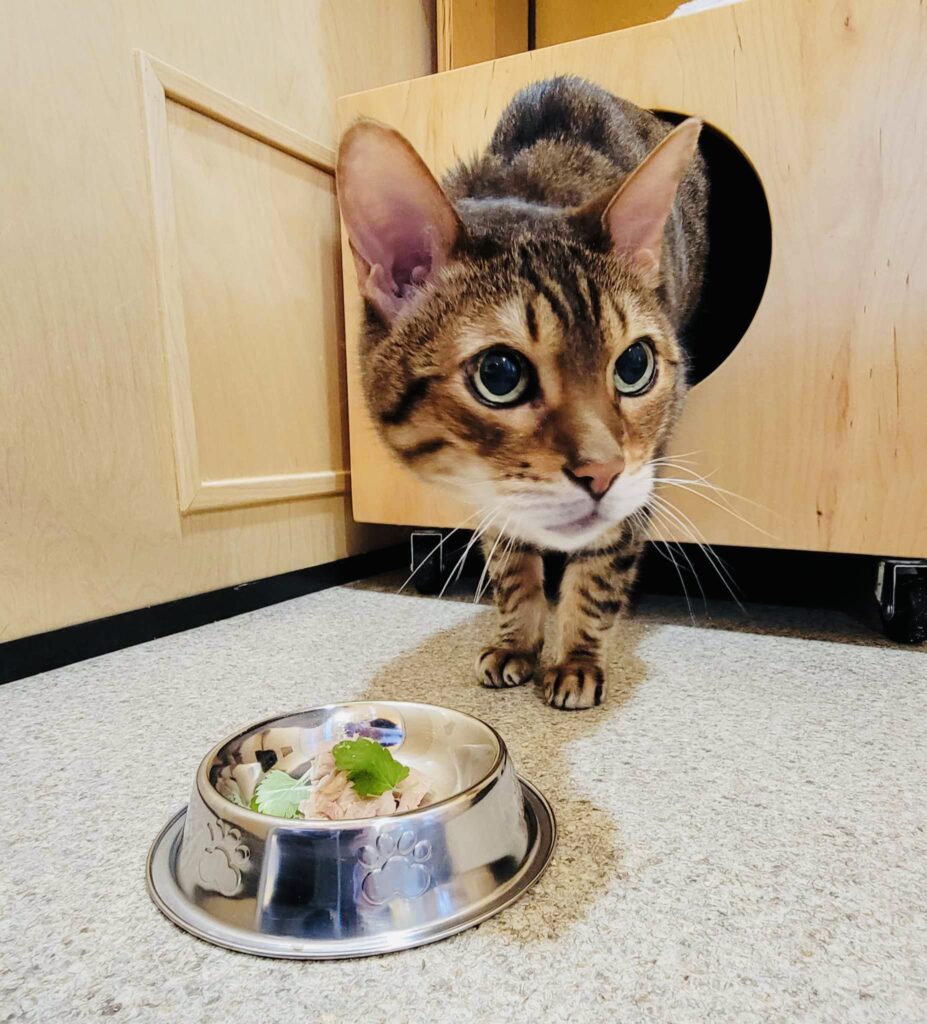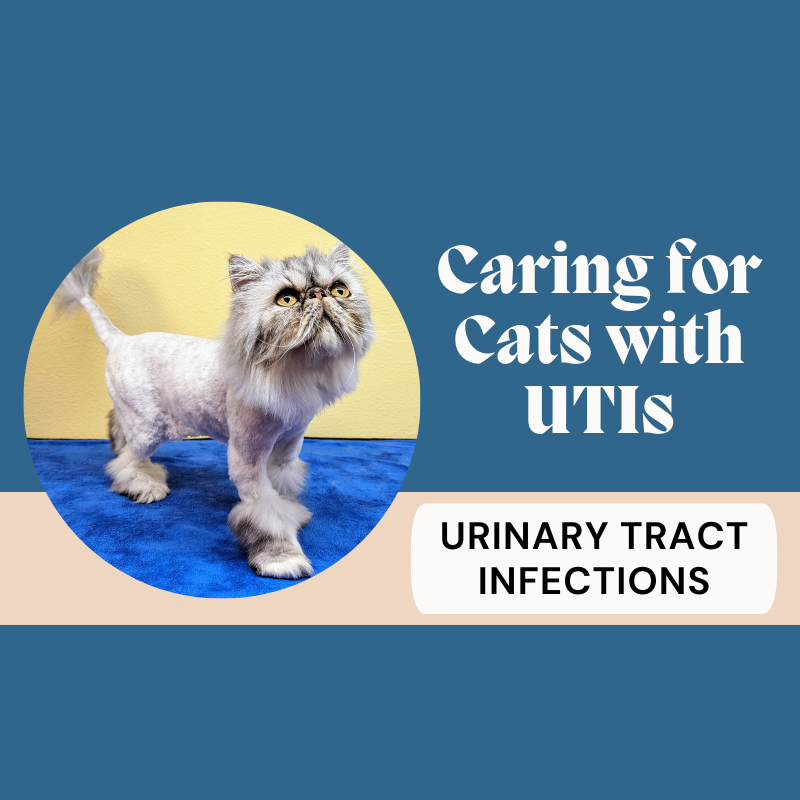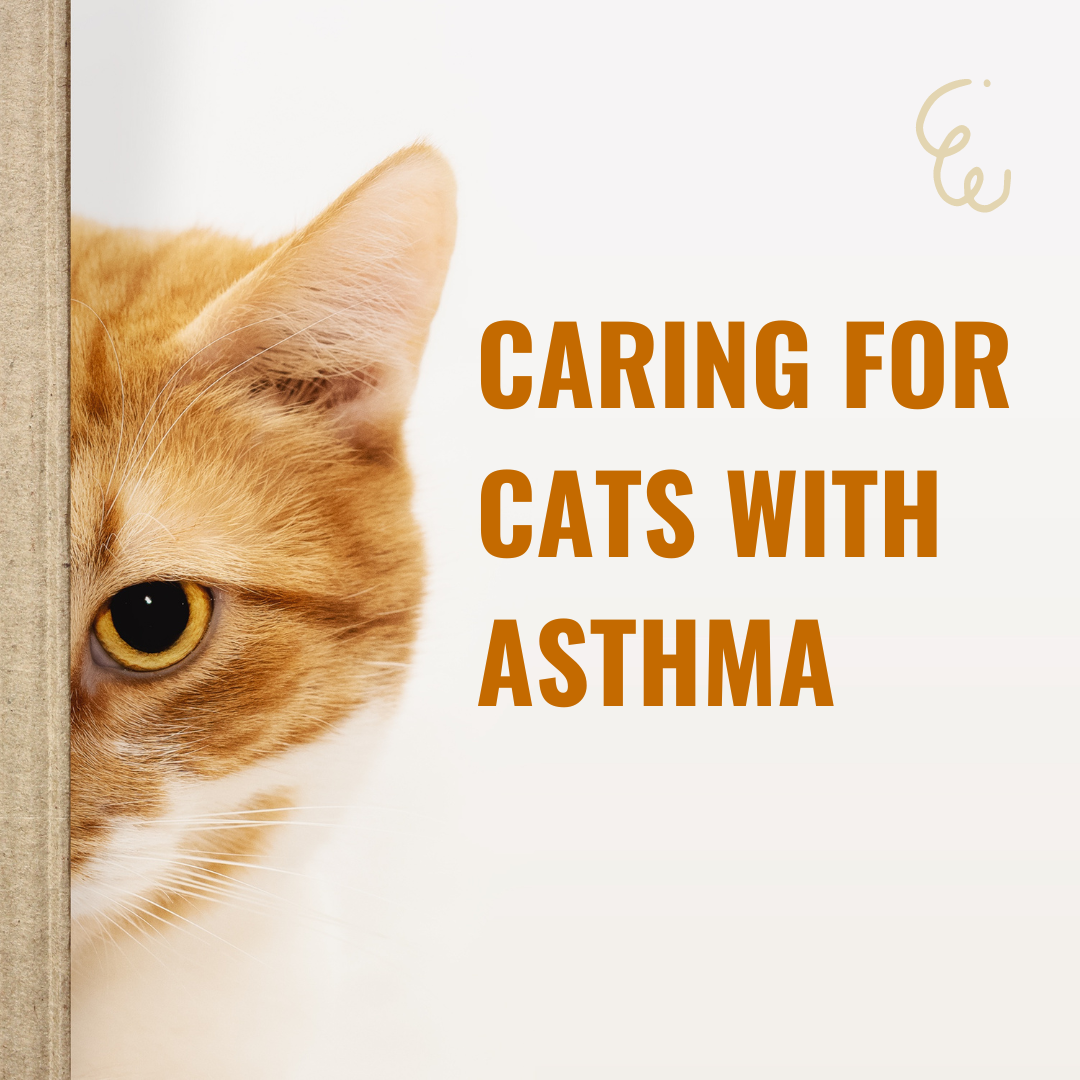The Obligate Carnivores: Understanding Cats’ Unique Dietary Needs
Cats, as obligate carnivores, have distinct dietary requirements that set them apart from other animals. Unlike some species, cats lack the ability to synthesize essential nutrients internally or convert them from plant-based sources. This biological necessity dictates that their diet must consist primarily or solely of meat.
Biological Necessity
Obligate carnivores, by definition, must consume a diet rich in animal-derived nutrients. Taurine and arachidonic acid, essential components for their health, are examples of these nutrients that cats cannot produce on their own. Consequently, cats rely on obtaining these vital elements from animal tissues.
Adaptations for a Meat-Based Diet
The anatomy and physiology of cats are uniquely adapted to a diet centered around meat. Their teeth are designed for tearing and shearing meat, while their jaw structure limits sideways movement, emphasizing the need for tearing rather than grinding plant material. Additionally, cats possess a short digestive tract optimized for the rapid digestion and absorption of nutrients present in animal tissues.
Nutritional Components
A carnivorous diet provides cats with essential amino acids crucial for growth, maintenance, and repair of body tissues. The high protein content in such a diet not only supports these vital functions but also serves as an energy source and aids metabolic processes. Fats from animal sources, supplying concentrated calories and essential fatty acids, are equally vital components of their diet.
Efficient Energy Utilization
While cats have a limited capacity to utilize carbohydrates, their bodies excel at extracting energy from proteins and fats. Excessive carbohydrate intake may lead to weight gain, diabetes, and other health complications. Recognizing this, cat owners must prioritize diets that align with their feline companions’ natural dietary preferences.
Meeting Dietary Needs
Understanding that cats are obligate carnivores is paramount for responsible pet ownership. Providing a balanced and nutritionally complete diet that mirrors their natural prey ensures their overall health and well-being. Commercial cat foods formulated to meet their specific nutritional requirements or carefully crafted homemade diets, guided by veterinary professionals, can serve as effective means of meeting these needs.
Recognizing the unique nature of cats as obligate carnivores empowers cat owners to make informed decisions about their pets’ diets. By adhering to their natural dietary preferences, owners contribute to the optimal health and vitality of their feline companions. Ensuring your cat receives a diet that meets their biological needs is essential for their overall well-being and longevity.



